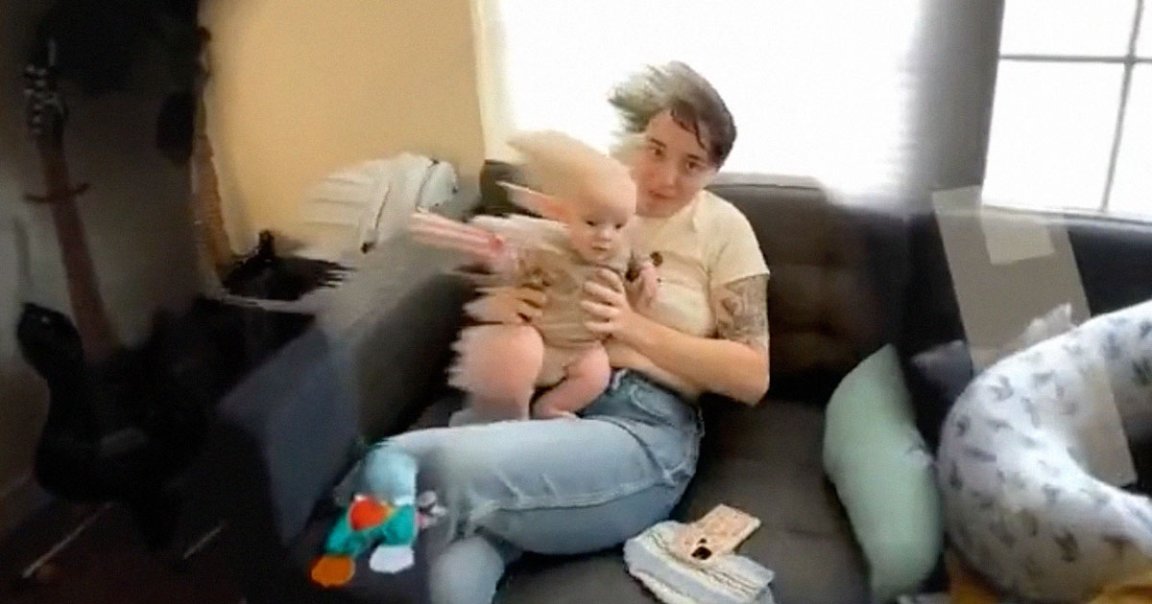
Playback
The dystopian TV show “Black Mirror” is one step closer to becoming a reality thanks to a virtual reality startup that’s allowing users to “replay” their memories in the exact locations where they’ve already happened.
In a video demonstration of the technology, startup Wist Labs brags that its forthcoming software will let users access precious moments “how [they] remember them” by replaying recorded “memories” overlayed over specific in-real-life settings via augmented reality.
Per Wist’s website, the process seems relatively straightforward: users can use an app to turn a regular video taken on their smartphones into a 3D representation, and then play it back on location either on their web browsers, on their phones, or inside a VR headset.
“During capture, we save color, depth, device pose, audio, and scene information,” Wist cofounder Andrew McHugh told Freethink last fall. “Depth is captured using the LiDAR sensors on the Pro model iPhones and iPads.”
Dystopia, Now
While the concept is undeniably high-tech, lots of folks seem kind of put off by the terrifying concept of playing back recorded memories.
As multiple Twitter users noted , the demo is eerily reminiscent of an early “Black Mirror” episode, “The Entire History of You,” in which a lovelorn man replays recent memories of a dinner party filmed from his always-on “grain” brain implant while trying to suss out if his wife is cheating on him.
Another user pointed to a sentimental scene from the 2002 film “Minority Report” based on the Philip K. Dick novel of the same title, in which a lead character plays back a memory of his kid playing, complete with the same kind of wispy visual trails seen in Wist’s demo.
Unlike the science fiction examples it’s been compared to, users of Wist’s VR are, at least, in control of the memories they record — and that, for now at least, makes all the difference.
More on VR: Facebook’s Metaverse Division Lost Nearly $14 Billion Dollars Last Year